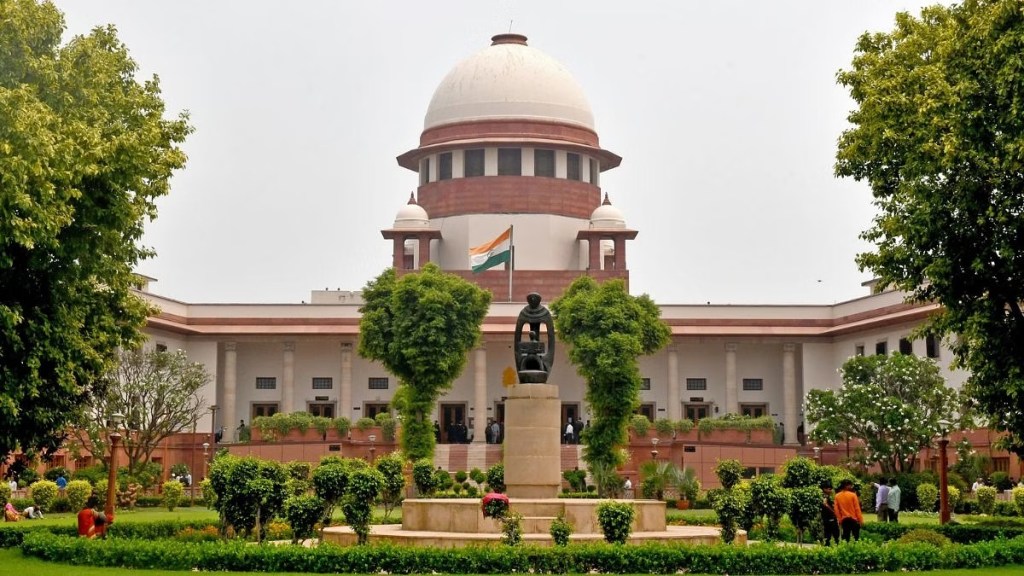The Supreme Court on Thursday approved sub-classification within Scheduled Caste and Scheduled Tribe categories to provide reservation in jobs and education for the more marginalised among backward communities.
The landmark judgment was passed by a seven-judge bench led by Chief Justice of India (CJI) DY Chandrachud by a 6:1 majority, with Justice Bela Trivedi dissenting. The other judges on the bench were Justice BR Gavai, Justice Vikram Nath, Justice Pankaj Mithal, Justice Manoj Misra and Justice Satish Chandra Mishra.
The verdict overrules the 2005 judgment of a five-judge Constitution bench in the case of EV Chinnaiah vs State of Andhra Pradesh. It had held that state governments had no power to create sub-categories of SCs for the purpose of reservation.
Also Read: ‘Action against passerby but not MCD’: Delhi HC pulls up Delhi Police over coaching centre deaths
The Chief Justice had observed that there was a distinction between “sub-classification” and “sub-categorisation” and held that states may have to sub-categorise reserved category communities to ensure that benefits reach more backward groups.
Holding that quota within quota was not against equality, the CJI Chandrachud said members of SC/ST were not often able to climb up the ladder due to the systemic discrimination faced.
“Sub-classification does not violate the principle of equality enshrined under Article 14 of the Constitution,” the top court said.
However, the Supreme Court said the basis of subclassification in SCs and STs would have to be justified by quantifiable and demonstrable data by the states.
“States cannot act on its whims or political expediency and its decision is amenable to judicial review,” CJI Chandrachud said.
Justice BR Gavai said, “I have referred to a speech of Dr BR Ambedkar in 1949 where he said that unless we have social democracy there is no use of political democracy.”
“Hardships and backwardness suffered by some of the Scheduled Castes is different for each caste. EV Chinnaiah was wrongly decided. It was argued that a party can give reservation to a sub-caste to gain political mileage, but I do not agree with this. The ultimate objective would be to realise real equality,” he said.
The court noted that any sub-classification in backward communities will have to be determined on the basis of empirical data to show that there is an inadequacy of reservation for the sub-class.

